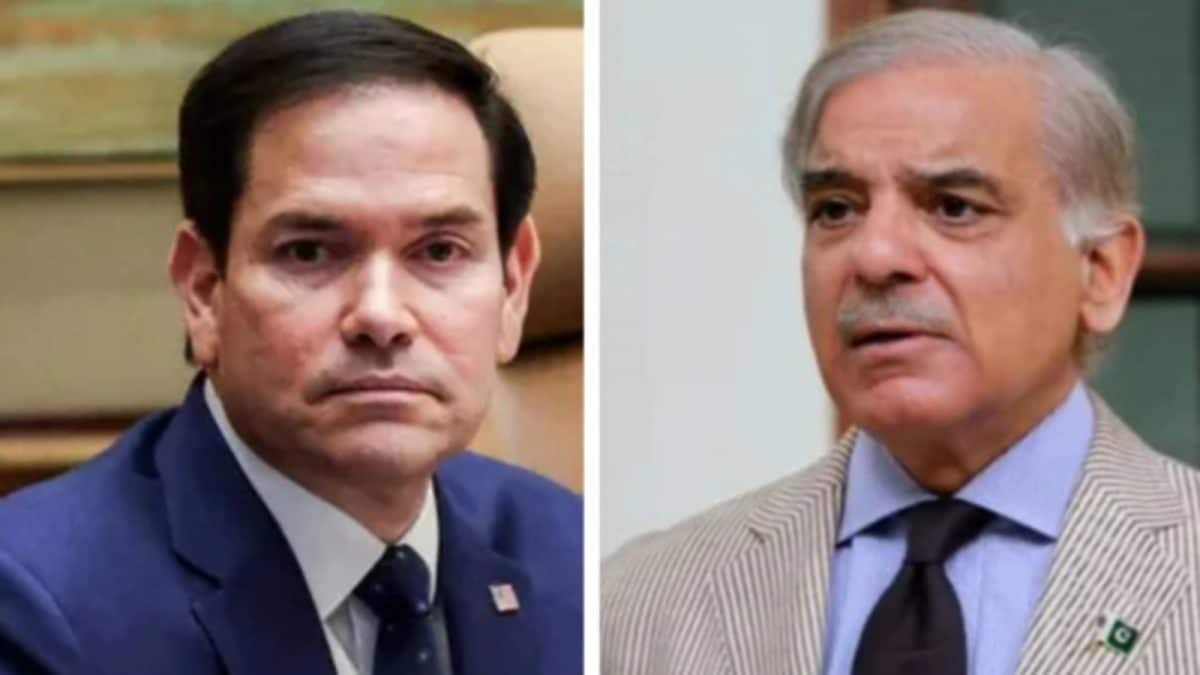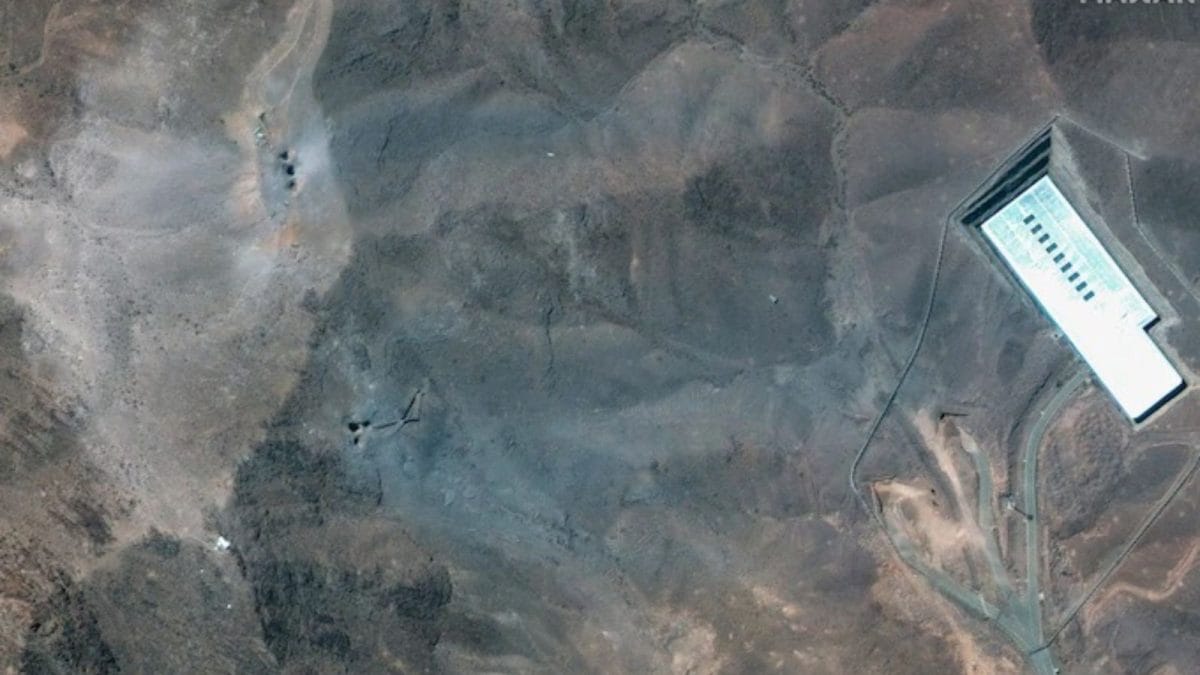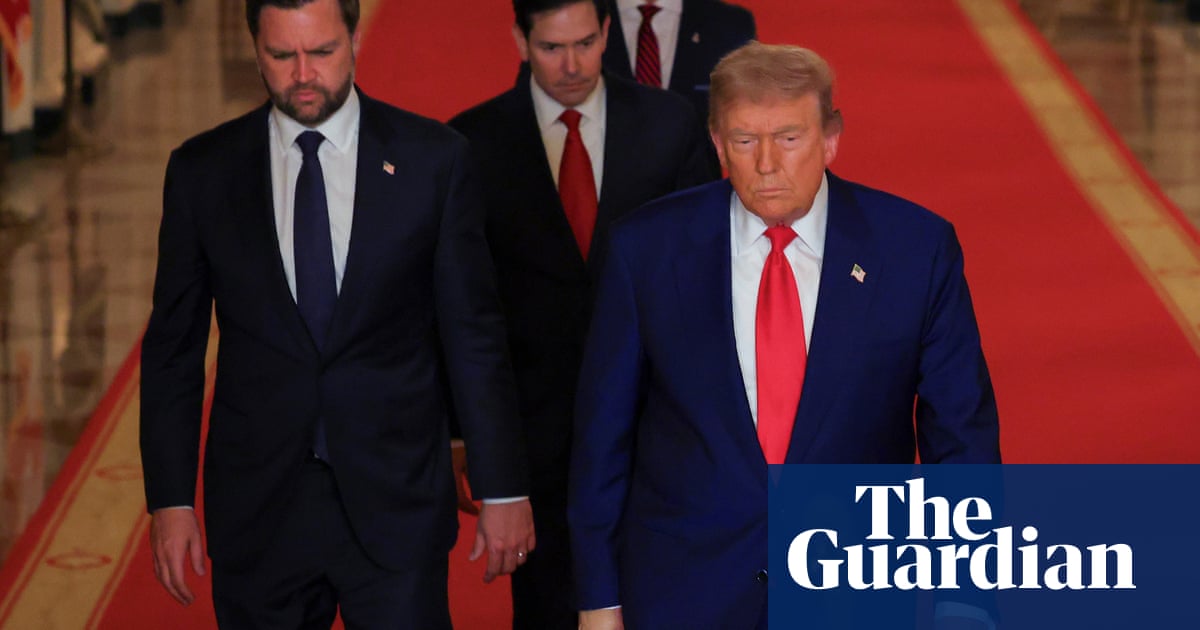The decades-old India-Pakistan rivalry has evolved from a regional border dispute into a significant impediment to international diplomacy. What began with the trauma of Partition and three full-scale wars has now metastasised into a global diplomatic fault line that consistently undermines multilateral cooperation.

Pakistan has signaled Islamabad's willingness to discuss contentious issues with India.
The decades-old India-Pakistan rivalry has evolved from a regional border dispute into a significant impediment to international diplomacy. What began with the trauma of Partition and three full-scale wars has now metastasised into a global diplomatic fault line that consistently undermines multilateral cooperation.
In 2025, this bilateral dysfunction reached new heights when India unilaterally suspended the Indus Waters Treaty—a cornerstone of cooperation since 1960. Pakistan retaliated by abandoning the Simla Agreement, closing its airspace, and halting trade routes. These weren't merely political gestures; they represented systematic breakdowns that weakened international water law and forced the World Bank into an uncomfortable spotlight.
The rivalry's destructive impact extends far beyond bilateral relations. The South Asian Association for Regional Cooperation (SAARC) has become virtually invisible, with summits indefinitely postponed and initiatives on health and disaster relief consistently floundering. Even within the Shanghai Cooperation Organisation, India and Pakistan managed to undermine consensus—notably at the 2025 Defence Ministers' summit, where disagreements over language prevented the issuance of a joint statement entirely.
At the United Nations, both nations continue to use the global stage for theatrical displays of animosity. Pakistan's calls for closed-door consultations following Indian military operations predictably devolved into blame games that produced no resolutions or meaningful measures.
The rivalry infiltrates every aspect of bilateral engagement. Cultural ties collapse with each tension spike—Indian platforms purge Pakistani music, films are shelved, and streaming services remove content. The digital sphere has become another battleground, with both countries blocking each other's social media platforms and content creators.
Even cricket, once a rare source of connection, has hardened into another cold front. There has been no bilateral series in over a decade, with matches only occurring under international banners in neutral venues.
This dysfunction carries profound global implications. As the Global South gains prominence in international politics, India and Pakistan's conflicting narratives divide allies and distract from crucial issues like climate finance and regional infrastructure. South Asia remains one of the world's least integrated regions economically, with negligible trade and restricted travel between its two largest nations.
The uncomfortable truth is that South Asia's volatility has become structurally embedded in global diplomacy, consistently stalling international forums and undermining multilateral progress when lasting solutions are most needed.
- Ends
Published By:
indiatodayglobal
Published On:
Jun 26, 2025
Tune In

 5 hours ago
5 hours ago


















